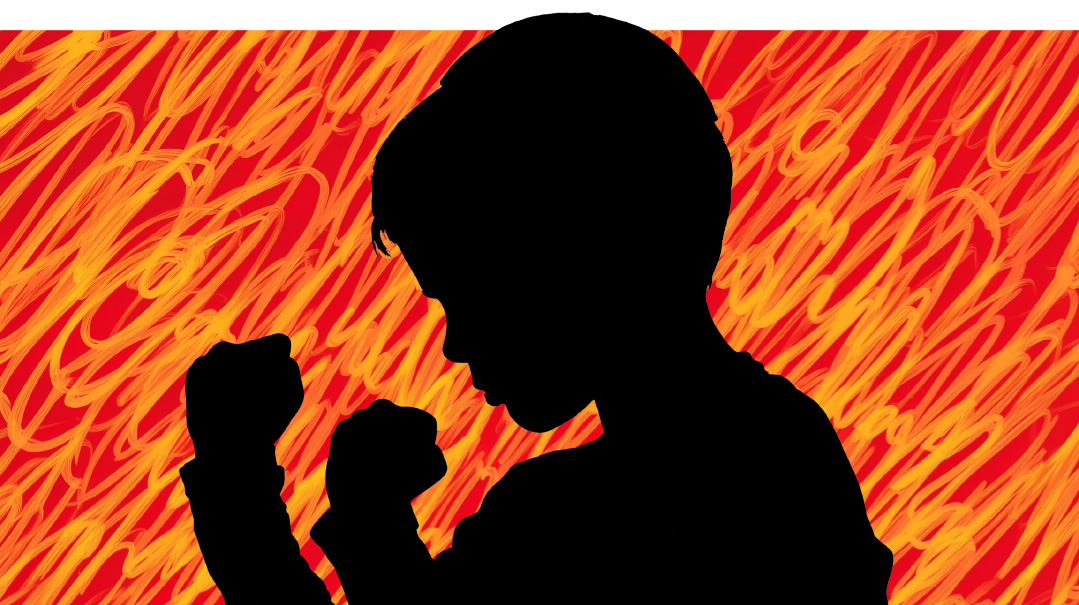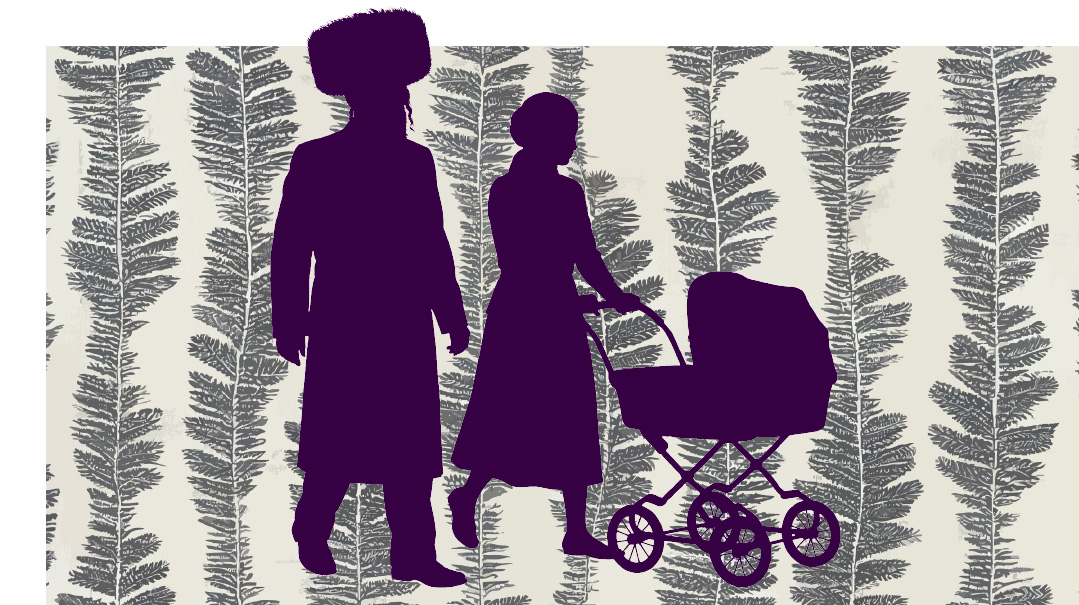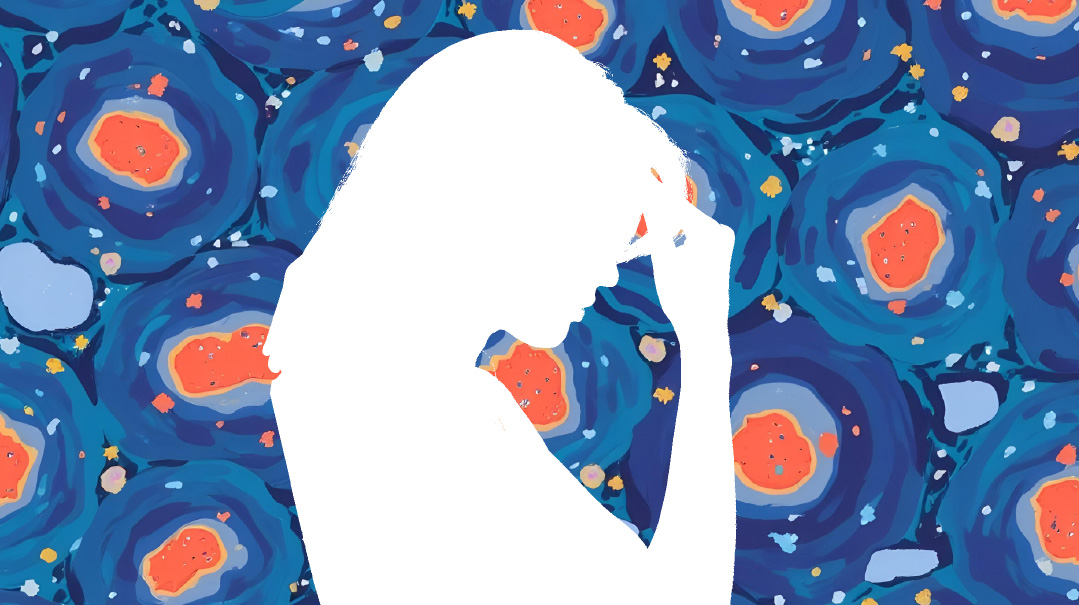Know This: Oncologist
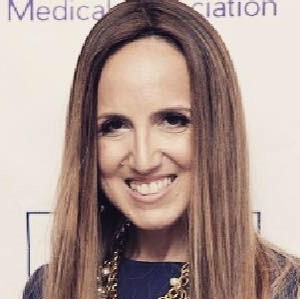
No one asks, but they all wonder: Why would you go into oncology?
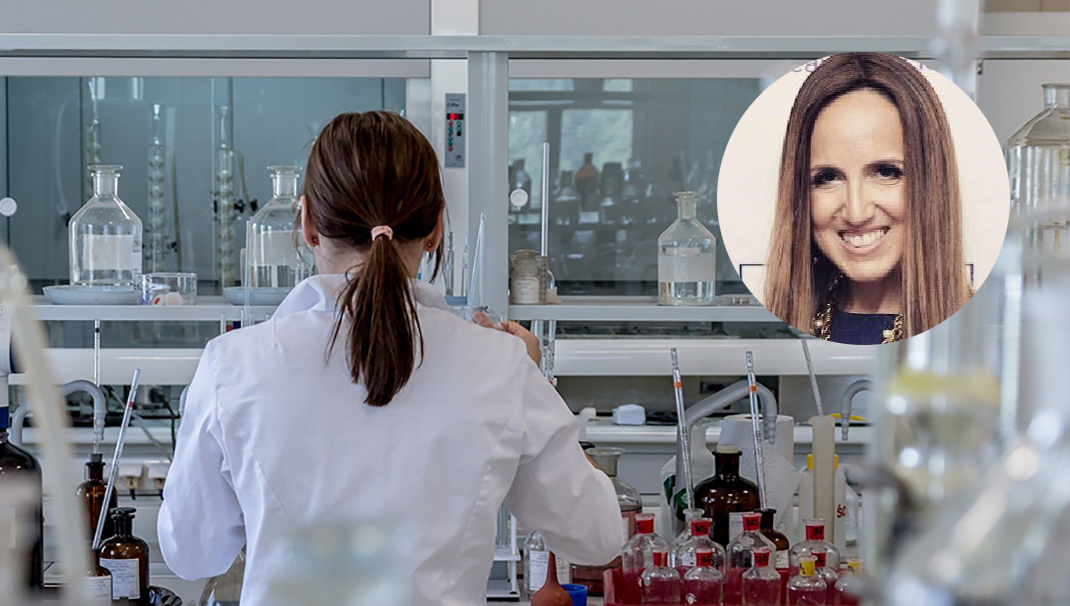
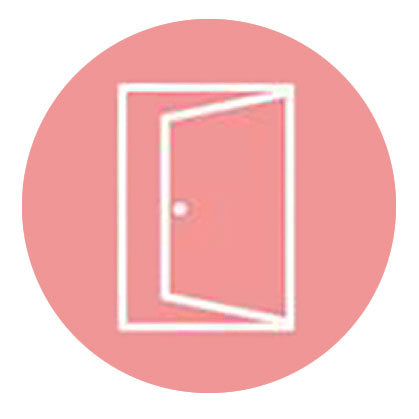
The scenario is predictable. It’s happened so often, it almost feels scripted. It goes like this: I meet a new person. We chitchat. Once we’ve moved past where we’re from, what school our kids attend, and the weather, the subject of what we do for a living comes up.
My turn. “I’m a physician.”
“Oh!” This piques the other’s interest. Not the expected answer. Eyes light up with eager curiosity. “What sort of medicine do you practice?”
I always hesitate, just for a beat, even though I’ve had the same conversation countless times. I know they’re expecting “pediatrics” or “family medicine” or some other “safe” specialty, like “ophthalmology.” I suppose the conversation would flow quite nicely after one of those options.
But alas, my chosen specialty isn’t “safe.” Nor does it make for good conversation. But it is my specialty, so after that inevitable beat, I answer the truth: “I’m a medical oncologist.”
Silence. Awkward pause. Rapid shift of the conversation to something neutral, safe, like winter vacation plans.
But I can see the unasked question, the one they want to ask but are not asking because, well, they’ve just met me. The question unasked in so many of these conversations over the years: “Why? Why ever? Why would you voluntarily choose such a profession?”
And I wish they’d ask. Because I’d tell them.
How I did research for an incredible oncologist and wanted to do what she did, but how I still started medical school with an open mind. How one by one, the other specialties didn’t resonate in the same way, despite my best efforts to like them. By the wayside went anesthesiology, OB-GYN, radiology.
How the patients pulled me back, how the honor of doctoring for the particular patient population in oncology was something that began to feel like a calling.
I’d tell them about the caring. The families, the love… how palpable it always was. The sons and daughters and sons-in-law and daughters-in-law; the parents, the devoted friends. I’d tell them the lessons they taught me about devotion and family and friendship and kindness.
I’d tell them about the patients. About the sweetness. About the grace. About the humility. About the embrace of challenge in a way I could never stop admiring. About the conversations about life and love and loss.
I’d tell them about the patient who brought me Twizzlers every time he came into the VA for a clinic visit, because he knew I keep kosher, and that those were kosher, and that I loved to eat them, and I never had time to eat lunch. I’d tell them how astonishing it was to see someone in that situation shift the focus to be a carer, a giver.
I’d tell them about my patient who, when he had no treatment options left for his advanced cancer, told me he was going to go home and he was going to take his motorcycle and ride it down the highway, because that’s what he loved to do and he loved how alive it made him feel.
“Look out for me on the highway, Dr. Weinstock,” he said. “You’ll see me riding my cycle, you will.”
I’d tell them how I still look out for him when I’m riding down a highway and a motorcycle rides on by.
I’d tell them about the emunah, the faith, the courage. About how working in that sort of environment brings out the best in everyone — the nurses, the doctors, the pharmacists. About how working with people demonstrating that degree of courage makes the whole team strive to be better, to work better. I’d tell them how working with that sort of patient makes you want to show up to work every day and how it motivates all to bring their best to work on a daily basis.
But they don’t ask, and I don’t say. We move on to talking about recipes, and dinner menus, and whatever else safe topic it is that we chitchat about. But I know the unasked question. And I also know the unanswered answers.
And by merely articulating these answers in my own thoughts in an internal dialogue makes me want to show up to work the next day, and then to show up the next day, and to continue doing what I’m privileged to do.
Because at the end of the day, that’s why I do what I do.
You probably never realized
how deeply the oncology team feels their patients’ pain, and how much of an emotional toll it takes. Burnout in oncology is a serious issue that can have significant professional and personal consequences.
Over the years, I’ve seen many excellent cancer doctors leaving direct patient care jobs for jobs in other, related settings such as in the pharmaceutical industry. There are other pressures at play that contribute to these decisions, but it’s a big problem when our best and brightest physicians and other professionals can’t be retained in the field.
What I always keep in mind
is that most of my patients and colleagues aren’t Jewish. I always feel a heightened sense of representation given that my name and manner of dress are visibly Orthodox. I do hope that by putting my heart into to what I do, and by acting in a kind and compassionate manner, I’ll shape their view of our community by extension.
Biggest misconception
is that there are no victories or hopeful days in this field. These sorts of “good days” at work are many, baruch Hashem. Cancer medicine has come a very long way in the past 50 years, and while there’s most certainly a long way to go, there are also many opportunities to help prolong people’s lives in a meaningful way on a daily basis.
Feel free to
run a question by me. I know a lot of people in my field. If I don’t know them, I may know people who know them. I’m happy to help with networking. I’m also happy to answer questions from those who may be interested in careers in oncology. Many frum oncologists I know feel similarly; we view what we do as our way of helping those in a unique time of need who may not actually be directly under our care.
(Originally featured in Family First, Issue 668)
Oops! We could not locate your form.






